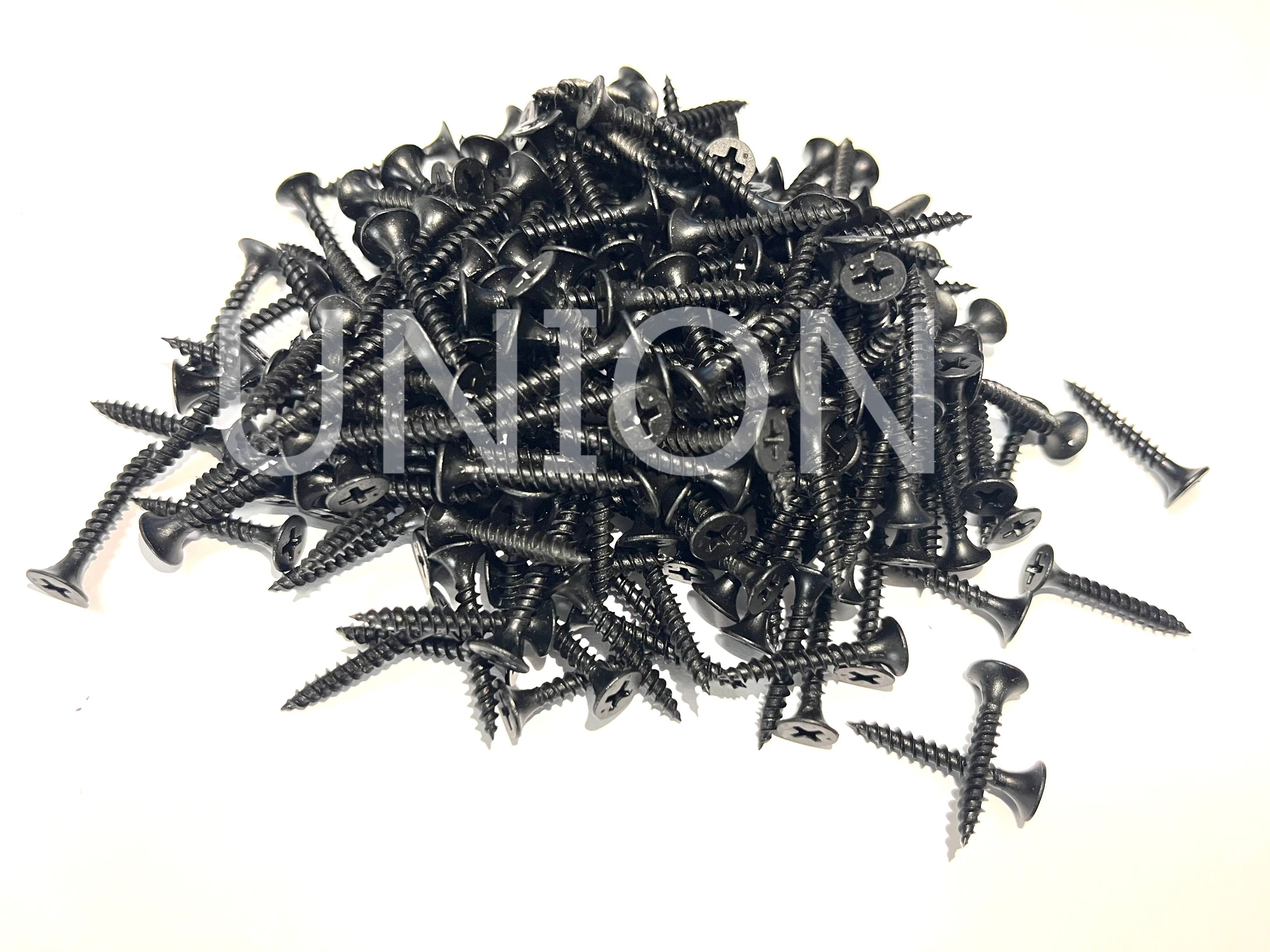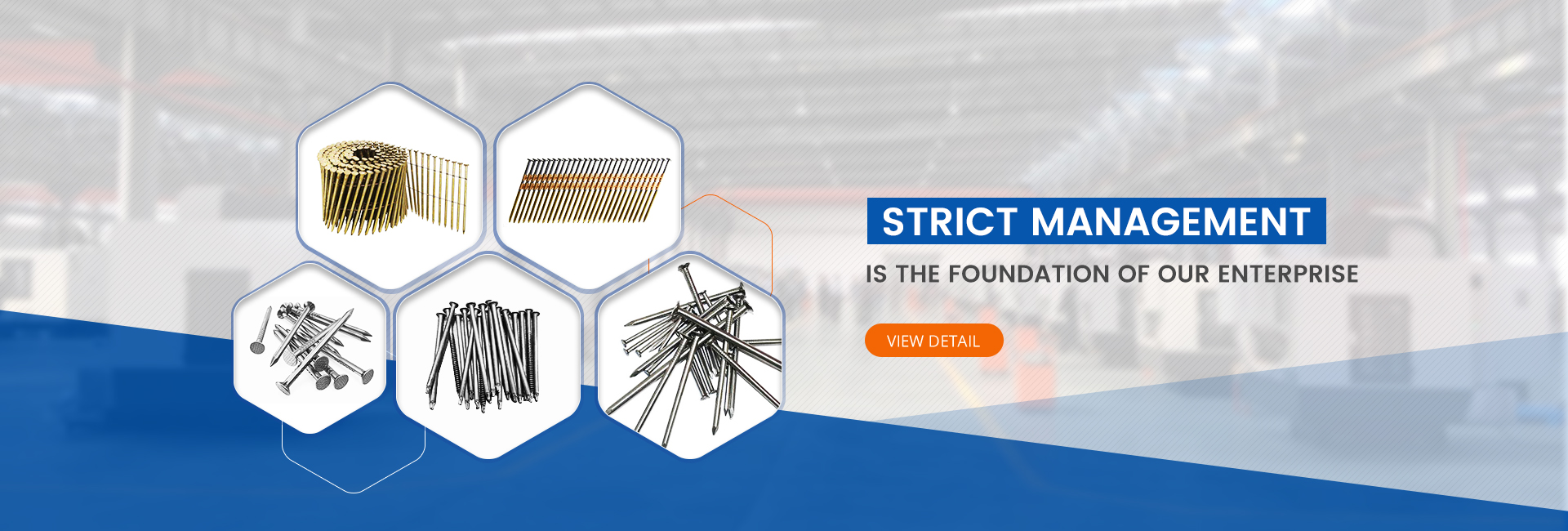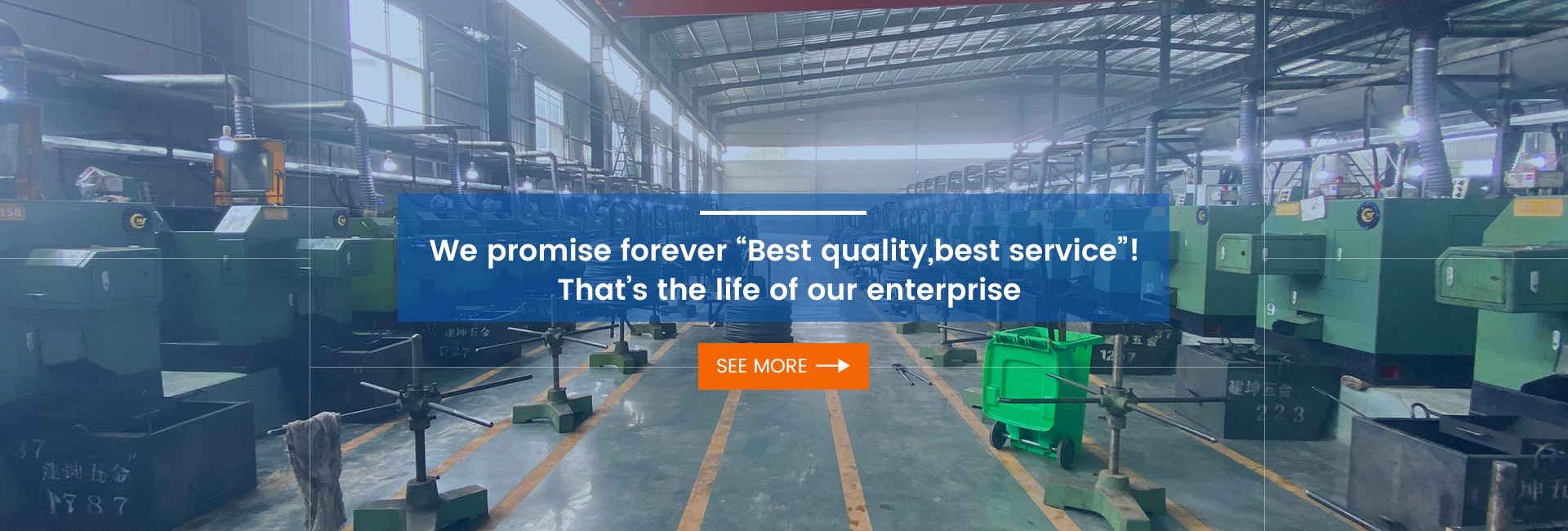In modern construction and interior decoration, drywall screws have become an indispensable fastening solution. Whether it's for home renovations, commercial projects, or large-scale infrastructure, drywall screws are widely used for securing gypsum boards, wood frames, and metal studs due to their efficiency, strength, and cost-effectiveness.
1. Definition and Features of Drywall Screws
Drywall screws are specifically designed for the installation of drywall panels (such as gypsum boards). Compared to ordinary wood screws or self-tapping screws, drywall screws have unique features in both structure and material selection. They are usually made of high-quality carbon steel or stainless steel, and their surfaces are treated with phosphating, zinc plating, or black oxide coating to enhance corrosion resistance and durability.
The threads of drywall screws are designed to be sharp and deep, allowing them to easily penetrate drywall sheets and underlying frames (wood or metal). The flat, countersunk heads sit flush with the surface of the drywall, making it easy for finishing, painting, and decorating.
2. Main Types of Drywall Screws
Based on head type, threading, and application, drywall screws can be classified into the following categories:
-
Fine Thread Drywall Screws
Ideal for fastening to metal studs. The fine threads offer strong grip and reduce the chance of slipping or loosening. -
Coarse Thread Drywall Screws
Mainly used for wood frames. The coarser threads provide strong locking force in wooden structures. -
Self-Drilling Drywall Screws
Feature a drill-like tip that eliminates the need for pre-drilling, increasing work efficiency when fastening to metal studs. -
Corrosion-Resistant Drywall Screws
Specially treated for moist or highly corrosive environments, offering extended service life.
3. Advantages of Using Drywall Screws
-
Easy Installation: Requires only a power screwdriver for fast and efficient installation.
-
Strong Holding Power: Optimized thread design ensures solid engagement with various materials.
-
Smooth Finish: The countersunk head allows the screw to sit flush, maintaining a smooth surface for finishing.
-
Wide Application: Suitable for walls, ceilings, partitions, and furniture assembly.
-
Cost-Effective: Affordable pricing with long durability and low maintenance costs.
4. Key Considerations When Using Drywall Screws
When installing drywall screws, consider the following:
-
Select the correct screw length to ensure proper penetration and secure fastening to studs.
-
Use appropriate drilling speed to avoid overdriving or breaking the drywall surface.
-
For humid environments, always choose corrosion-resistant drywall screws for better durability.
5. Future Development Trends
With the rise of green building, modular interiors, and smart construction technologies, performance demands for drywall screws continue to evolve, including:
-
Higher corrosion resistance standards;
-
Enhanced shear strength;
-
Compatibility with automated construction equipment;
-
More eco-friendly surface treatment technologies.
High-quality drywall screws are playing a key role in driving the construction industry towards greater efficiency, sustainability, and durability.

Post time: Jun-11-2025



